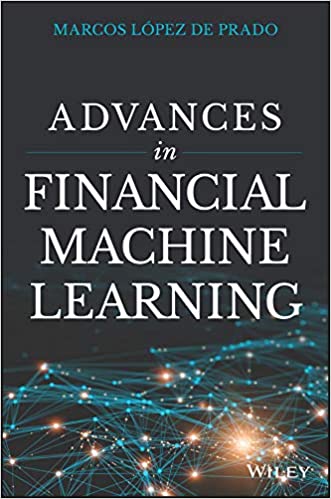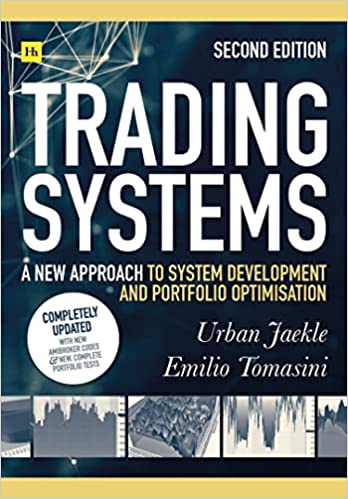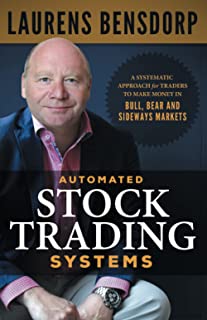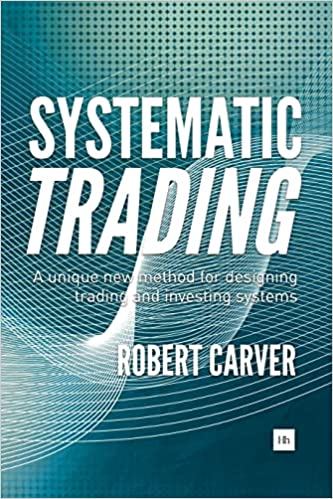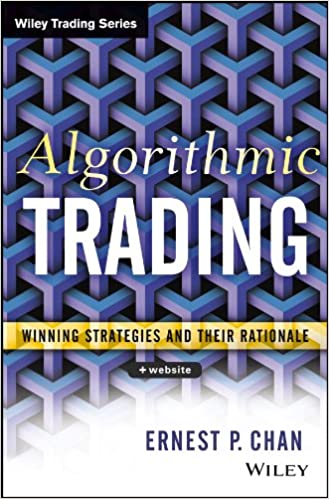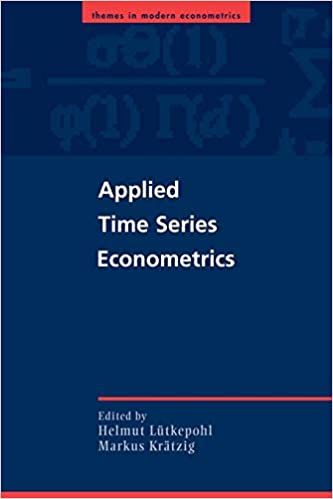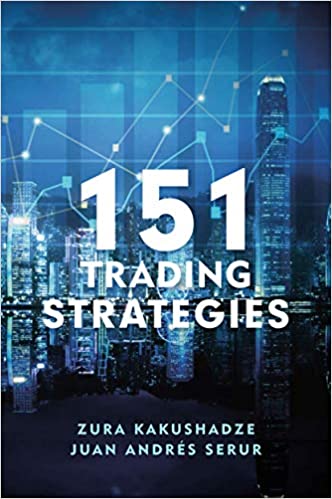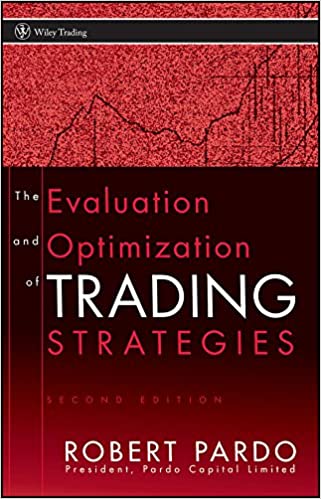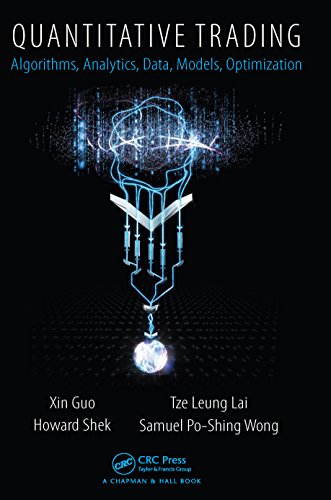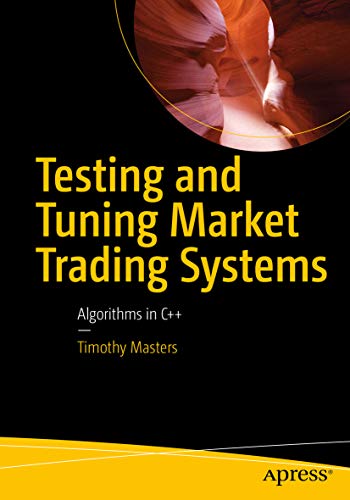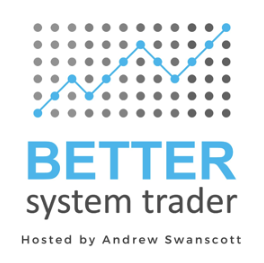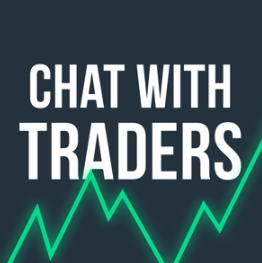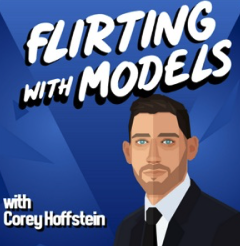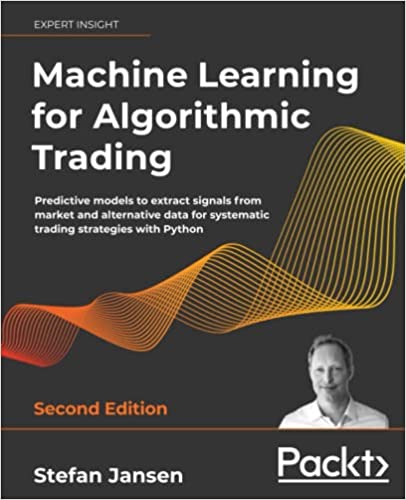
Machine Learning for Algorithmic Trading - Stefan Jansen
Level: ★★
This book explains how different machine learning techniques can be applied to algo-trading. It doesn’t focus on a single technique like deep learning, but touches many different techniques instead. For example, it has some good content on Bayesian machine learning.
Because of all the different techniques described, this book is over 800 pages long. If you want to start using machine learning in your strategies, this book is a must-have in my honest opinion.
One thing to keep in mind is that because machine learning is progressing so fast, some libraries and examples mentioned are outdated. Also, you won’t find the latest state-of-the-art deep-learning architectures in here.
